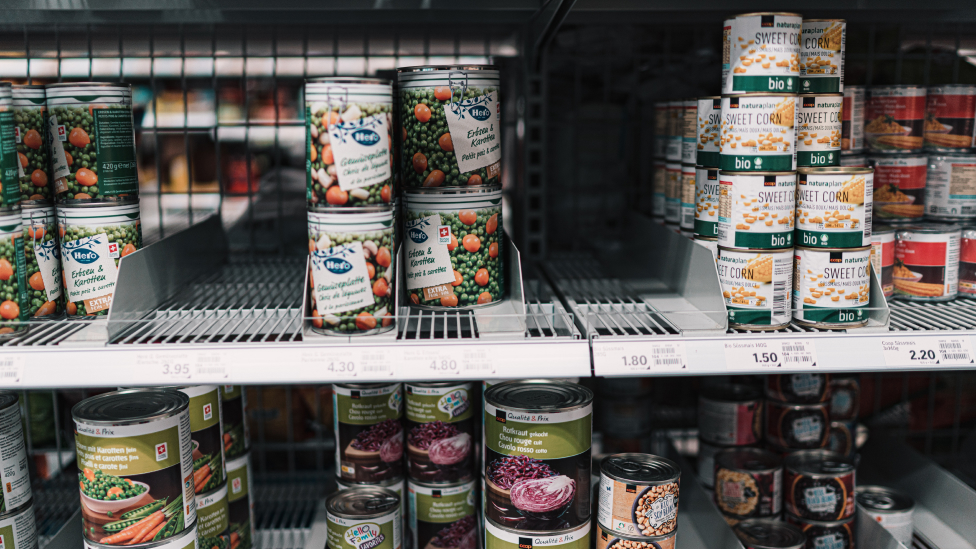Canned food plays a significant role in poverty alleviation efforts worldwide, providing accessible and nutritious food options to vulnerable populations.

This article explores the impact of canned food on poverty alleviation and highlights ten international activities organized by entities such as the United Nations (UN), China, Germany, and others. By examining scientific figures, insights, and research, we gain a deeper understanding of how canned food initiatives contribute to poverty reduction and sustainable development.
1. Canned Food and Nutrition:
Canned food offers a convenient and affordable source of nutrition, making it an effective tool in combating poverty-related malnutrition. It provides essential vitamins, minerals, and dietary fiber, ensuring access to a balanced diet for individuals facing food insecurity.
2. United Nations World Food Programme (WFP):
The WFP, a leading organization in the fight against hunger, utilizes canned food in various poverty alleviation initiatives. It distributes canned food to vulnerable populations during emergencies, supports school feeding programs, and implements nutrition interventions in collaboration with governments and local partners.
3. China’s poverty alleviation movement:
China has implemented a comprehensive poverty alleviation campaign and provided canned food and poverty alleviation programs to poor areas. Province-to-province support. Through targeted programs and joint ventures with local governments, poverty-stricken areas can gain employment and access to nutritious canned products, improving their food security and overall well-being.
4. Germany's Development Cooperation:
Germany's development cooperation efforts prioritize poverty reduction and sustainable development. In partnership with organizations like the Deutsche Gesellschaft für Internationale Zusammenarbeit (GIZ), Germany supports initiatives that promote food security, including the provision of canned food to vulnerable communities.
5. The Food Assistance Convention:
The Food Assistance Convention is an international agreement aimed at improving food security and reducing hunger. Signatory countries, including several European nations, pledge to provide food assistance, including canned food, to those in need. This convention promotes collaboration and coordination in poverty alleviation efforts.
6. Emergency Food Aid:
During humanitarian emergencies, such as natural disasters or conflicts, canned food plays a crucial role in providing immediate relief to affected populations. Organizations like the UN's World Food Programme and various national relief agencies distribute canned food as part of emergency food aid efforts.
7. Community Food Banks:
Community food banks, found in many countries, collect and distribute canned food to individuals and families facing food insecurity. These initiatives rely on donations from individuals, organizations, and businesses to ensure a steady supply of canned goods for those in need.
8. Food Assistance Programs in Schools:
Many countries have implemented school feeding programs to address child hunger and improve educational outcomes. Canned food, such as fruits, vegetables, and proteins, is included in these programs to provide nutritious meals to students, ensuring they receive essential nutrients for their growth and development.
9. Food Drives and Donations:
Canned food drives and donation campaigns, organized by various entities including charities, businesses, and community groups, allow individuals to contribute to poverty alleviation efforts. These initiatives collect canned food and distribute it to local food banks or directly to families in need, supporting their nutritional needs.
10. Sustainable Development Goals (SDGs):
The United Nations' SDGs, particularly Goal 2: Zero Hunger, aim to end hunger, achieve food security, improve nutrition, and promote sustainable agriculture. Canned food initiatives align with these goals by providing accessible and nutritious food options to those facing poverty and food insecurity.
Conclusion:
Canned food initiatives play a vital role in poverty alleviation efforts worldwide, providing accessible and nutritious food options to vulnerable populations. Through activities organized by entities like the UN, China, Germany, and others, canned food is distributed during emergencies, integrated into school feeding programs, and made available through community food banks. These initiatives contribute to achieving the SDGs and creating a more sustainable future, where poverty is reduced, and individuals have access to the nutrition necessary for their well-being. By continuing to prioritize canned food in poverty alleviation strategies, we can work towards a world where no one goes hungry, and everyone has the opportunity to thrive.



采访刊发中国罐头⾏业-01.jpg)

